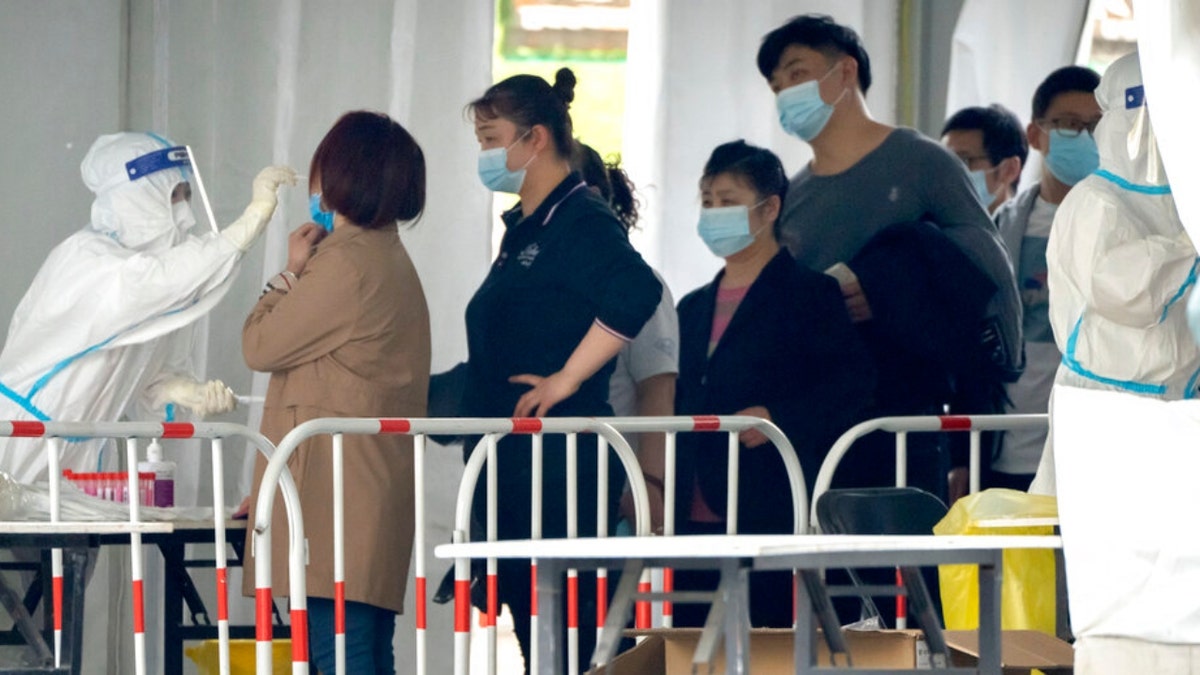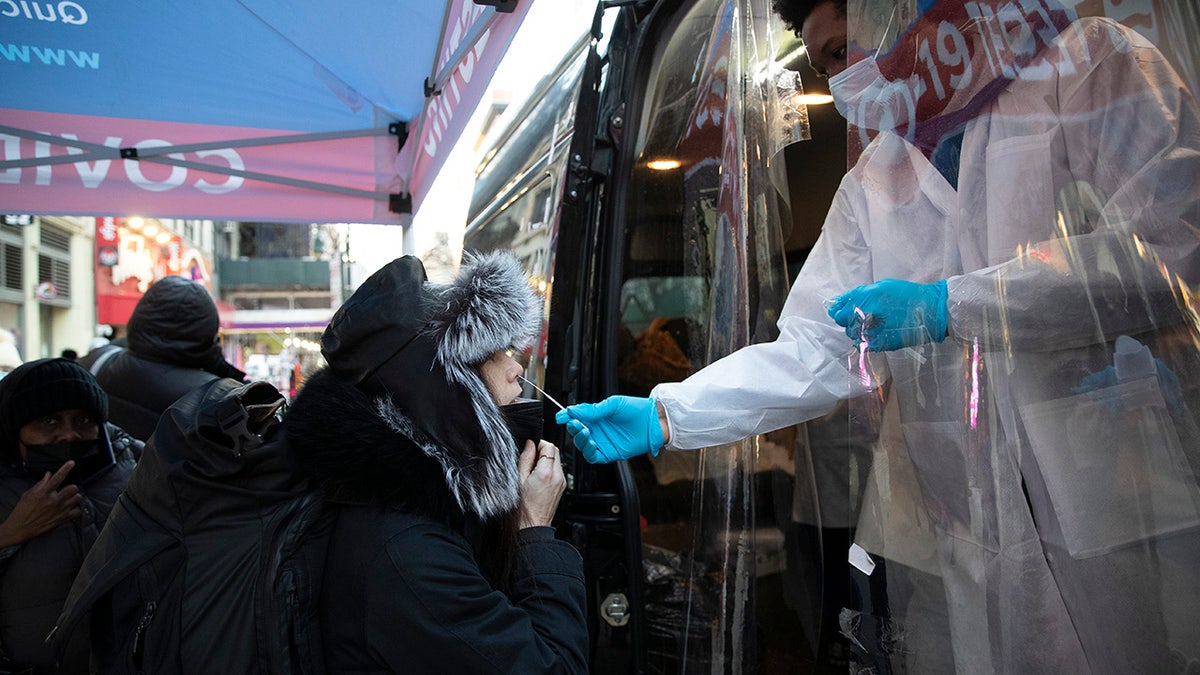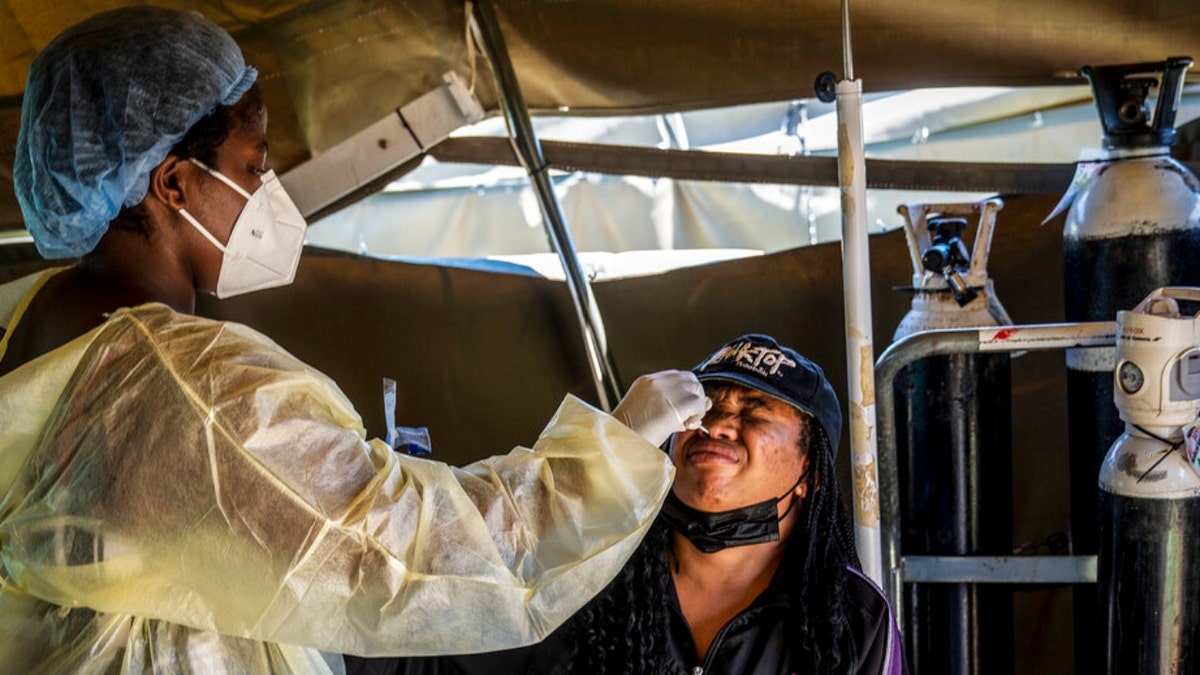A new test could shed light on whether you need a COVID vaccine booster
If you're wondering about when to get that next COVID-19 vaccine booster shot, or even if you need it, you're not alone. Now a new test is on the way that could offer answers to those questions.
A possible contributor of Long COVID -19 may actually be an abnormally suppressed immune system, and not a hyperactive one, according to a UCLA- led research group. The study, recently published in the peer-reviewed journal Clinical Infectious Diseases.
It contradicts what scientists previously believed, which was that an overactive immune response to SARS-CoV-2, often referred to as a "cytokine storm," was the root cause of the perplexing syndrome. Health experts told Fox News this "cytokine storm" is an over-reactive inflammatory response in the infected person that can potentially cause damage to lungs and other organs, possibly creating severe illness or even death.
Long COVID, which occurs in a subset of patients recovering from COVID-19, is a syndrome where a multitude of symptoms including shortness of breath, muscle aches, fatigue, vocal fatigue, and brain fog persists for several months after the acute infection stage, health experts explained to Fox News.

A worker in a protective takes a swab for a COVID-19 test at a coronavirus testing facility in Beijing, Saturday, April 23, 2022. Beijing is on alert after 10 middle school students tested positive for COVID-19 on Friday, in what city officials said was an initial round of testing. (AP Photo/Mark Schiefelbein)
According to the press release about the UCLA study, limited understanding of the causes of long COVID makes treating the condition challenging.
"While this was a small pilot study, it does suggest that some people with long COVID may actually have under-active immune systems after recovering from COVID-19, which means that boosting immunity in those individuals could be a treatment," Dr. Otto Yang, a professor of medicine, division of infectious diseases, and of microbiology, immunology and molecular genetics at the David Geffen School of Medicine at UCLA said in a press release.

A woman gets tested at a mobile COVID-19 testing van (Liao Pan/China News Service via Getty Images)
While investigating the notion that long COVID-19 is triggered by an underlying hyperactive immune response, the UCLA-led team of researchers studied the effect of the monoclonal antibody Leronlimab on Long COVID-19, in a small exploratory trial that involved 55 people with the condition. Leronlimab is an antibody that attaches to an immune receptor involved in inflammation called CCR5, the study authors explained in the release.
Participants were randomly selected to receive weekly injections of the antibody or a saline placebo for eight weeks. During that period, the investigators tracked changes in 24 symptoms associated with long COVID, according to the release.
In the report, the investigators explained that they initially thought blocking CCR5 with Leronlimab would weaken the overactive immune system’s response after a COVID-19 infection.
STDs INCREASED DURING COVID-19 PANDEMIC'S FIRST YEAR, CDC REPORT FINDS
"But we found just the opposite," Yang, who is also the senior author, said in the release. "Patients who improved were those who started with low CCR5 on their T cells, suggesting their immune system was less active than normal, and levels of CCR5 actually increased in people who improved. This leads to the new hypothesis that long COVID in some persons is related to the immune system being suppressed and not hyperactive, and that while blocking its activity, the antibody can stabilize CCR5 expression on the cell surface leading to upregulation of other immune receptors or functions."
The researchers stated in the release that the findings suggested "a complex role for CCR5 in balancing inflammatory and anti-inflammatory effects, e.g. through T regulatory cells."

A woman is tested for COVID-19 at the Lenasia South Hospital, near Johannesburg, South Africa, Wednesday, Dec. 1, 1021. South African doctors say the rapid increase in COVID-19 cases attributed to the new omicron variant is resulting in mostly mild symptoms. (AP Photo/ Shiraaz Mohamed)
Dr. Aaron Glatt, a spokesperson for the Infectious Diseases Society of America, who was not affiliated with the study, commented on the findings to Fox News and said, "This preliminary study presents intriguing new information regarding the COVID-19 long-haul syndrome." Glatt, who also serves as the Chief of Infectious Diseases at Mount Sinai South Nassau Hospital on Long Island, New York, added, "At this point in time however, our understanding of the pathogenesis of "long COVID" remains unclear. This study supports doing further research to investigate a different potential mechanism."
CLICK HERE TO GET THE FOX NEWS APP
The study authors did state that the results needed to be confirmed in a larger, more definitive study. Also noted in the release, is that the study was funded by Leronlimab maker CytoDyn Inc. and conducted by researchers either employed by or serving as consultants to the company.










































